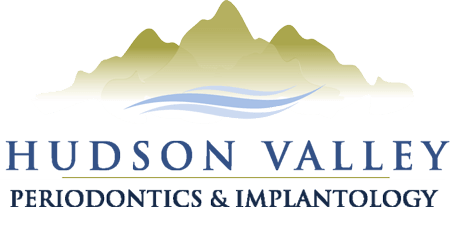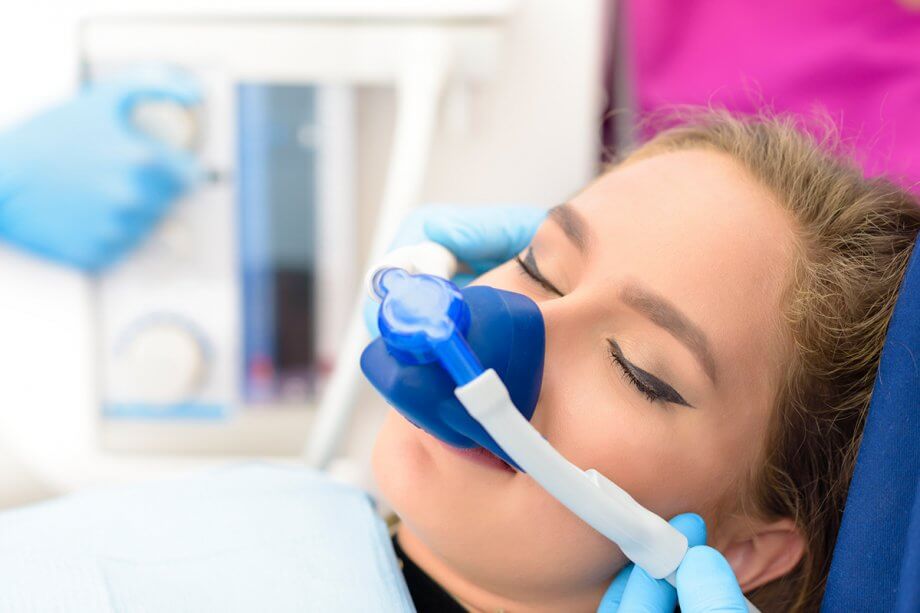Sedation dentistry represents a growing trend in the United States. Many patients feel anxious or uncomfortable at the dentist, and sedation dentistry can alleviate their fear and leave them with a calm, relaxed outlook. In some cases, sedation dentistry allows patients to sleep through their treatment entirely.
Advantages of Sedation Dentistry
Sedation dentistry works well for many patients. While children are known for receiving nitrous oxide or "laughing gas" sedation during dental procedures, adults may feel self-conscious about needing this medication to endure a dental appointment. There is no need to feel ashamed of needing sedation.
Many adult patients swear by sedation as the reason why they keep up with regular dental appointments. It helps their overall dental health, especially where regular periodontal maintenance appointments are concerned.
Some patients find scaling and root planing uncomfortable. The appointments are crucial because these routine periodontal procedures have many oral health benefits.
Implant surgeries may also cause discomfort or anxiety. Patients may feel better about being sedated during extraction and implant surgery procedures if they worry about feeling discomfort.
Adult patients emphasize that sedation helps them avoid negative anticipation before appointments and reduces overall stress. This blog will explain the different types of sedation dentistry and answer questions about how it can work to help you feel less nervous at a dental appointment.
Types of Sedation Dentistry
Nitrous Oxide
Nitrous oxide, or "laughing gas," is a light form of sedation that wears off quickly. The patient breathes the gas, mixed with oxygen, through a small mask fitted over the nose. It takes a few minutes for the anesthesia to take effect, but the patient will soon feel relaxed and calm. One significant advantage of nitrous oxide is that patients recover immediately and can quickly drive home from their appointment.
Oral Sedation
Oral sedation is deeper than nitrous oxide. It involves the administration of medications that could include strong antihistamines and relaxants. Patients are conscious during their procedure, but they may not remember it.
IV Sedation / General Anesthesia
IV sedation puts patients to sleep. It is best when the dentist needs to perform extended surgeries or when the patient is profoundly anxious. IV sedation is often used for wisdom teeth surgeries and special-needs patients. An anesthesiologist must administer this intravenous medication while monitoring vital signs.
Taking Advantage of Sedation Dentistry
If you are nervous about the dentist or if you want your lengthy appointment to seem short, sedation dentistry can be an excellent treatment option. Our dentists are experts in sedation and can explain the process and the medications we use.
Call Hudson Valley Periodontics & Implantology
If you are interested in experiencing the benefits of sedation dentistry at a periodontic or implant appointment, please call our Bardonia, NY office at 845-623-6666. We can explain your options for sedation and set up an appointment to speak with one of our dentists.

